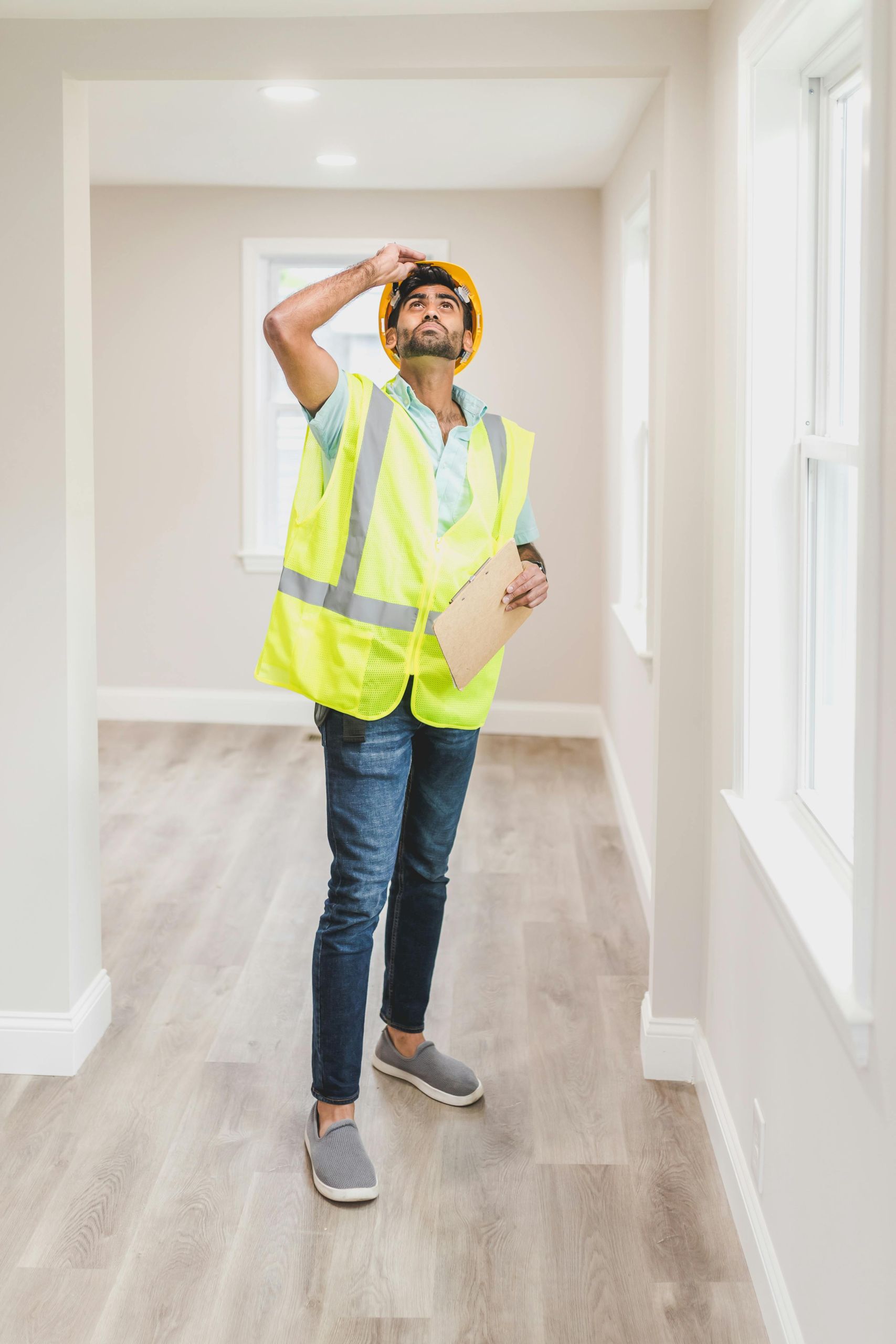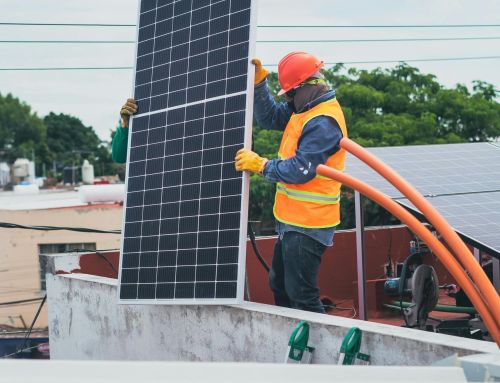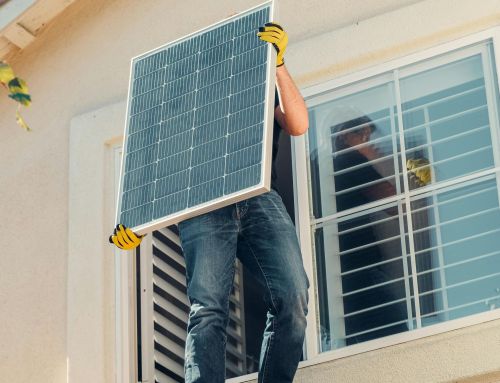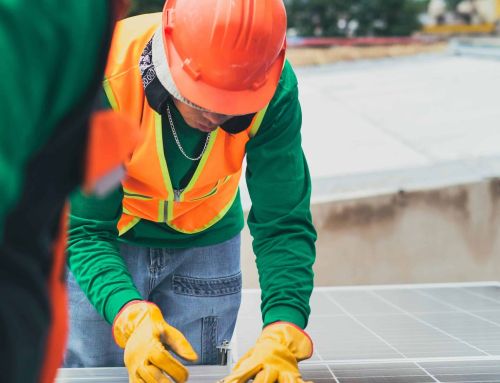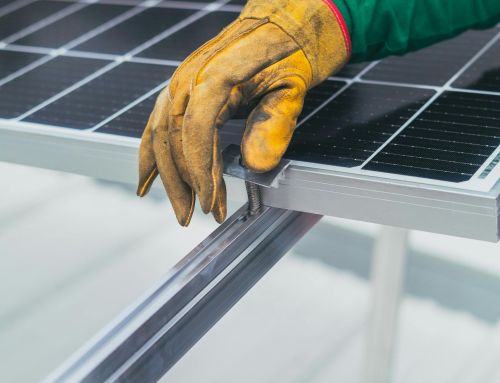Admit it, you’ve been there. You’re relaxing in your favourite armchair, a steaming cuppa in hand, when suddenly the lights flicker and then… darkness. No worries, it’s probably just a fuse, right? Maybe. But what if it’s something more serious, a lurking electrical gremlin waiting to cause trouble? That’s where electrical inspections come in, identifying potential hazards before they become a problem.
So, how often should you have an electrical inspection? That’s a brilliant question, because just like you wouldn’t wait for your car to break down before taking it for a service, it’s wise to be proactive with your home’s electrics.
The Importance of Regular Check-Ups
Think of your electrical system as the invisible veins and arteries of your home, silently carrying power throughout the walls and ceilings. It’s a complex network that, over time, can deteriorate due to wear and tear, or even become overwhelmed by the demands of modern appliances. An electrical inspection acts like a thorough health check-up for your home’s electrics, identifying any potential issues before they escalate into something more serious.
How Often Should You Have an Electrical Inspection?
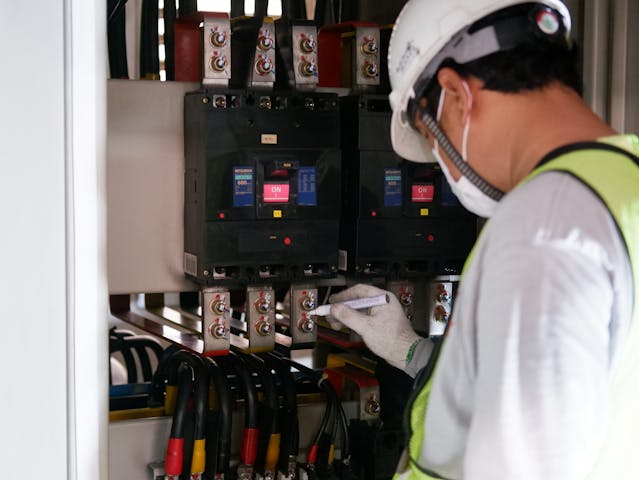
The frequency of electrical inspections depends on a few factors, but here’s a general rule of thumb:
- For Newer Homes (Less than 10 years old): Every 10 years is a good starting point.
- For Older Homes (More than 10 years old): Every 5-7 years is recommended. This is because older wiring and electrical components are more susceptible to wear and tear.
- Before Buying or Selling a Home: An electrical inspection is crucial for both buyers and sellers. It provides peace of mind for the buyer and can help avoid any nasty surprises down the line.
- After Major Renovations: If you’ve done any significant electrical work in your home, like adding a new extension or installing a fancy new oven, it’s wise to get an inspection to ensure everything is shipshape.
- If You Experience Electrical Issues: Flickering lights, buzzing outlets, or tripping fuses are all warning signs that something might be amiss. Schedule an inspection to nip any problems in the bud.
What Does an Electrical Inspection Involve?
An electrical inspection is a comprehensive assessment of your home’s electrical system. A qualified electrician will typically follow an electrical inspection checklist, which includes:
Visual inspection of all electrical components: This includes checking for any signs of damage or wear and tear on wiring, outlets, switchboards, and fuse boxes.
Testing of electrical circuits: The electrician will use specialised equipment to measure voltage, current, and earthing to ensure everything is functioning safely and efficiently.
Verification of compliance with current regulations: Electrical safety standards are updated regularly, and an inspection will ensure your home’s electrics meet the latest requirements.
The Benefits of Regular Inspections
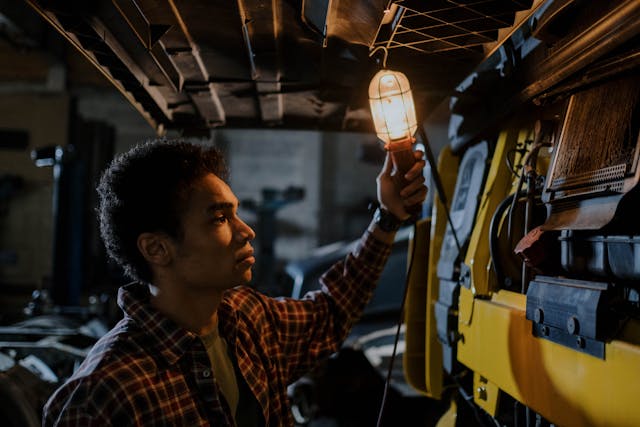
There are numerous benefits to having regular electrical inspections. Here are just a few:
Safety First: This is the most important benefit. A faulty electrical system can lead to fires, electric shocks, and even fatalities. Regular inspections can help prevent these tragedies.
Peace of Mind: Knowing your home’s electrics are safe and sound gives you peace of mind and allows you to relax and enjoy your home without worry.
Prevents Costly Repairs: Catching electrical problems early can save you a small fortune in the long run. Minor issues are much easier and cheaper to fix than major repairs or even a complete rewiring job.
Increased Home Value: A recent electrical inspection certificate can be a valuable selling point when putting your home on the market. It demonstrates to potential buyers that your home’s electrics are safe and up-to-date.
Finding a Qualified Electrician in Auckland
Now that you know the importance of regular electrical inspections, the next question is: who should you call? Here in Auckland, there are many qualified and experienced electricians available. Look for someone who is a member of the Master Electricians association, as this ensures they are up-to-date with the latest regulations and safety practices.
Prolectrix.co.nz is a team of highly skilled and experienced electricians based in Auckland. We offer a comprehensive range of electrical services, including inspections, repairs, and installations. Contact us now to get a free quote.
Beyond the Checklist: Keeping Your Home Safe Between Inspections
While regular inspections are crucial, there are also some things you can do yourself to help keep your home’s electrical system safe between inspections:
- Avoid overloading circuits: Don’t plug too many appliances into a single outlet, as this can cause the circuit to overload and trip the breaker.
- Check for signs of damage: Regularly inspect your electrical cords and outlets for any signs of wear and tear, such as frayed wires or loose connections.
- Don’t use extension cords permanently: Extension cords are meant for temporary use, not as a permanent solution for your electrical needs.
- Turn off electronics when not in use: This will reduce the load on your electrical system and save you money on your electricity bills.
- Keep your home clean and clutter-free: Dust and debris can accumulate around electrical outlets and switches, creating fire hazards.
The Final Takeaway
How Often Should You Have an Electrical Inspection? Regular electrical inspections are essential for maintaining a safe and efficient home. By following the guidelines outlined in this article and taking proactive steps to care for your electrical system, you can significantly reduce the risk of electrical problems and enjoy a worry-free home environment.
Remember, if you notice any unusual electrical activity, such as flickering lights, buzzing sounds, or a burning smell, don’t hesitate to contact a qualified electrician. Early detection and intervention can prevent minor issues from escalating into major problems.

